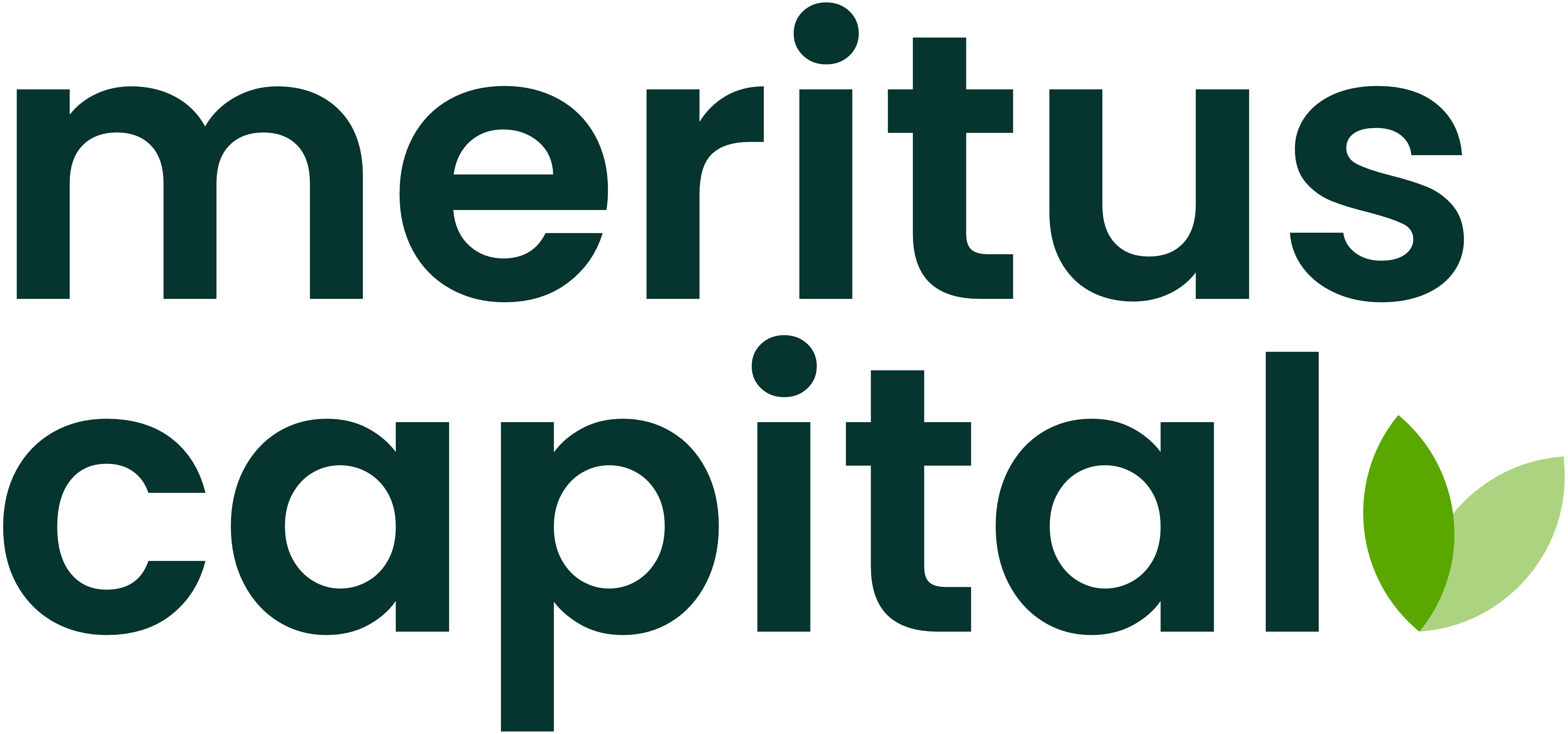How Accounts Receivable Factoring Differs from Collections

Some business people have a misconception about accounts receivable factoring. They are under the impression that factoring is akin to collecting on past due invoices. While it is true that factoring companies are skilled at collecting invoice payments on your behalf, they are not collection agencies. Factors work with accounts receivables invoiced in the last 30 days, but collection agencies typically collect on invoices that are at least 60 days past due.
Factoring Costs Much Less Than Collections
The fees that factoring companies charge are much less then collection company fees. For example, most factoring fees or discount fees range from 1% to 3%, but collection agency fees are steeper, starting at around 25 percent to 30 percent of the amount collected. Factors pay you 80 percent to 90 percent of your invoice amount upfront and remit the remaining invoice payments less the factoring fee after full payment. Collection agencies pay you only after the debt has been collected.
Factoring is a Financing Strategy
Factoring is a financing strategy, not a means to collect old or unpaid debts. Generally, companies that utilize factoring will continue to use the service on an ongoing basis. Some may use factoring along with credit lines or bank loans, while others use it exclusively to finance their growth strategy. Some companies will factor all of their invoices, while others will factor on an invoice-by-invoice basis. Most factoring companies are flexible as long as you meet certain required factoring minimums.
Factoring Provides Credit Protection
Many factoring arrangements include credit protection, meaning the factor buys the invoices outright and you are not responsible if the debt goes unpaid or the payer goes bankrupt. Others will collect the invoice payments on your behalf, but only pay you the amount actually collected less the factoring fee. Obviously, factoring services that take on the entire risk of collection or guarantee payment on all the invoices will charge more than the ones that have the option of charging back the uncollected invoices.
Hopefully this clears up any misconceptions you may have had about how the factoring invoice collection process differs from the normal debt collection process. If you would like more information on factoring, browse more of our posts or feel free to contact us and we’ll be happy to help you figure out the best way to structure your factoring services.
More questions? We're here to help.
Send us a note and our team will reach out to you or simply call us at 877-648-3709
